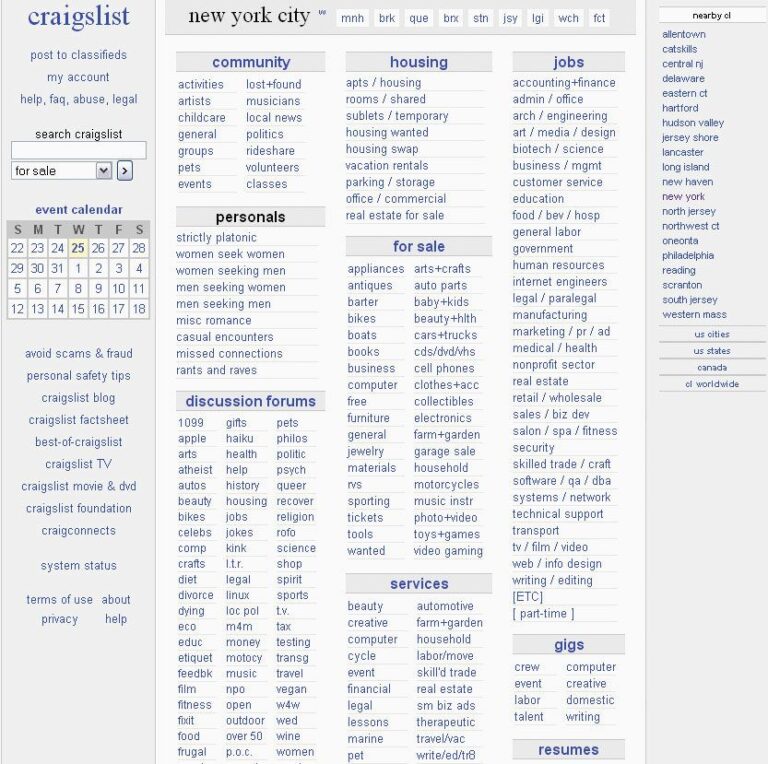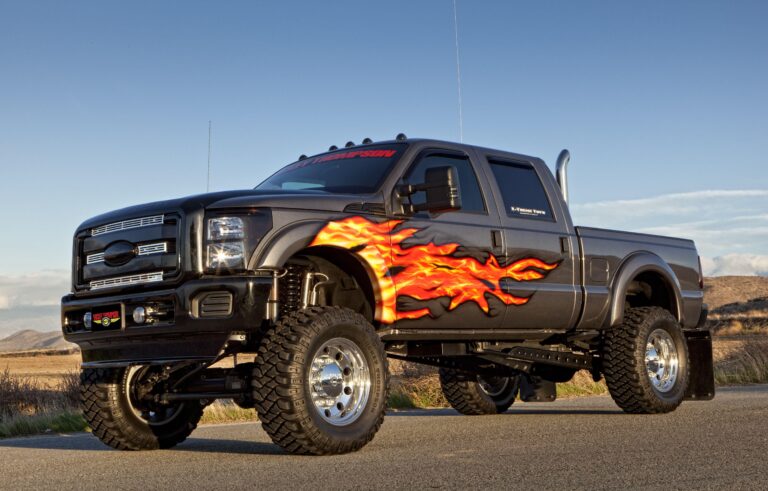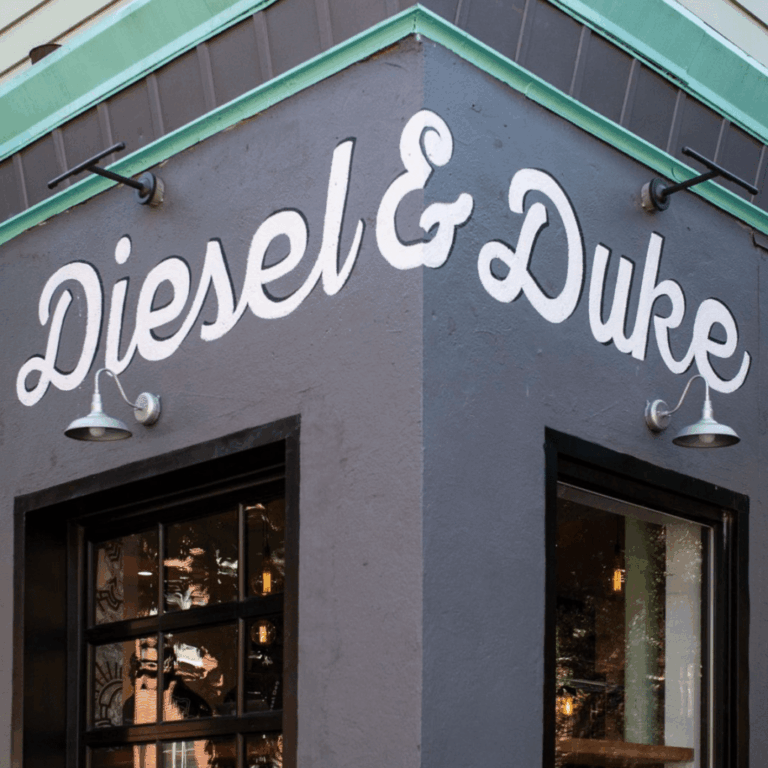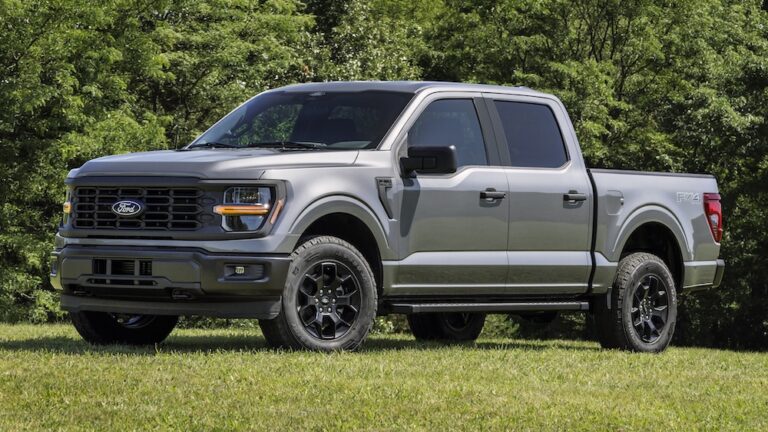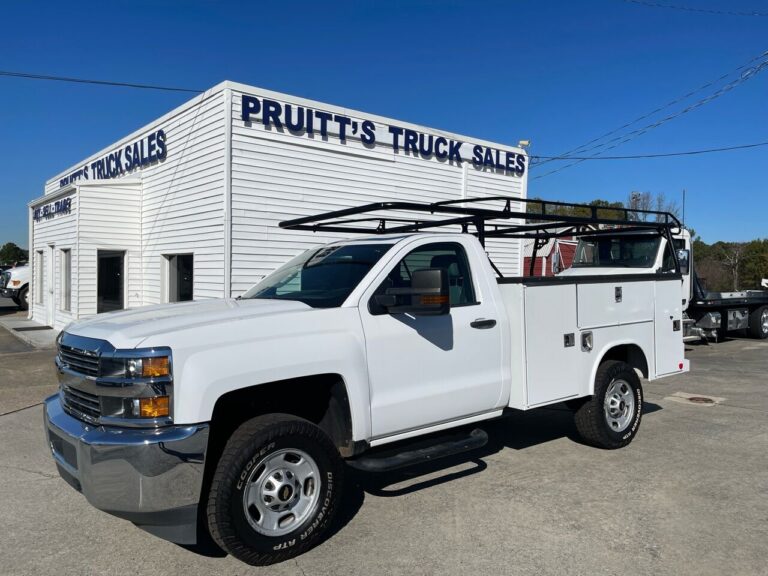U-Haul Moving Trucks For Sale
U-Haul Moving Trucks For Sale cars.truckstrend.com
An Introduction to Your Next Practical Investment
For decades, U-Haul has been synonymous with do-it-yourself moving, providing millions with the means to transport their belongings across town or across the country. What many people don’t realize is that these ubiquitous orange and white workhorses aren’t just for rent; they’re also frequently available for purchase directly from U-Haul. The market for "U-Haul Moving Trucks For Sale" represents a unique opportunity for individuals and businesses alike to acquire robust, well-maintained commercial vehicles at a fraction of the cost of new trucks.
U-Haul Moving Trucks For Sale
Whether you’re an entrepreneur looking for an affordable delivery vehicle, a homeowner needing a reliable truck for large-scale DIY projects, a farmer seeking a versatile utility vehicle, or even someone dreaming of converting a box truck into a mobile living space, a used U-Haul truck could be the ideal solution. These vehicles, designed for heavy-duty use and subjected to stringent maintenance schedules throughout their rental life, offer a compelling blend of durability, practicality, and cost-effectiveness. This comprehensive guide will delve into everything you need to know about purchasing a U-Haul moving truck, from understanding the sales program to navigating the buying process and maximizing your investment.
Understanding the U-Haul Fleet Sales Program
U-Haul operates one of the largest rental fleets in North America, and like any large fleet operator, they regularly rotate their vehicles to maintain a modern, reliable inventory. This continuous turnover means a steady supply of used trucks, vans, and even pickups and trailers becoming available for sale to the public.
Why U-Haul Sells Trucks:
The primary reasons U-Haul sells its used fleet include:
- Fleet Rotation: To keep their rental fleet updated with newer models, ensuring customer satisfaction and operational efficiency.
- Maintenance Cycles: While U-Haul maintains its vehicles meticulously, there comes a point where it’s more economical to sell an older unit and replace it than to continue extensive maintenance.
- Economic Strategy: Selling retired assets helps U-Haul recoup some of its initial investment and fund the purchase of new vehicles.

Where to Find Them:
The vast majority of U-Haul’s used vehicle sales are conducted through their official website, UhaulTruckSales.com. This dedicated portal allows potential buyers to browse available inventory by location, vehicle type, and price. While occasionally you might find a U-Haul truck at a public auction, the official website is the most reliable and direct source, often providing more detailed information and the opportunity for direct inspection at U-Haul centers.
What’s Typically Available:![]()
U-Haul sells a wide variety of vehicles from its fleet, including:
- Pickup Trucks (e.g., Ford F-150, F-250)
- Cargo Vans (e.g., Ford Transit, Chevrolet Express)
- Box Trucks (ranging from 10 ft to 26 ft in length)
- Sometimes even utility trailers or car haulers.
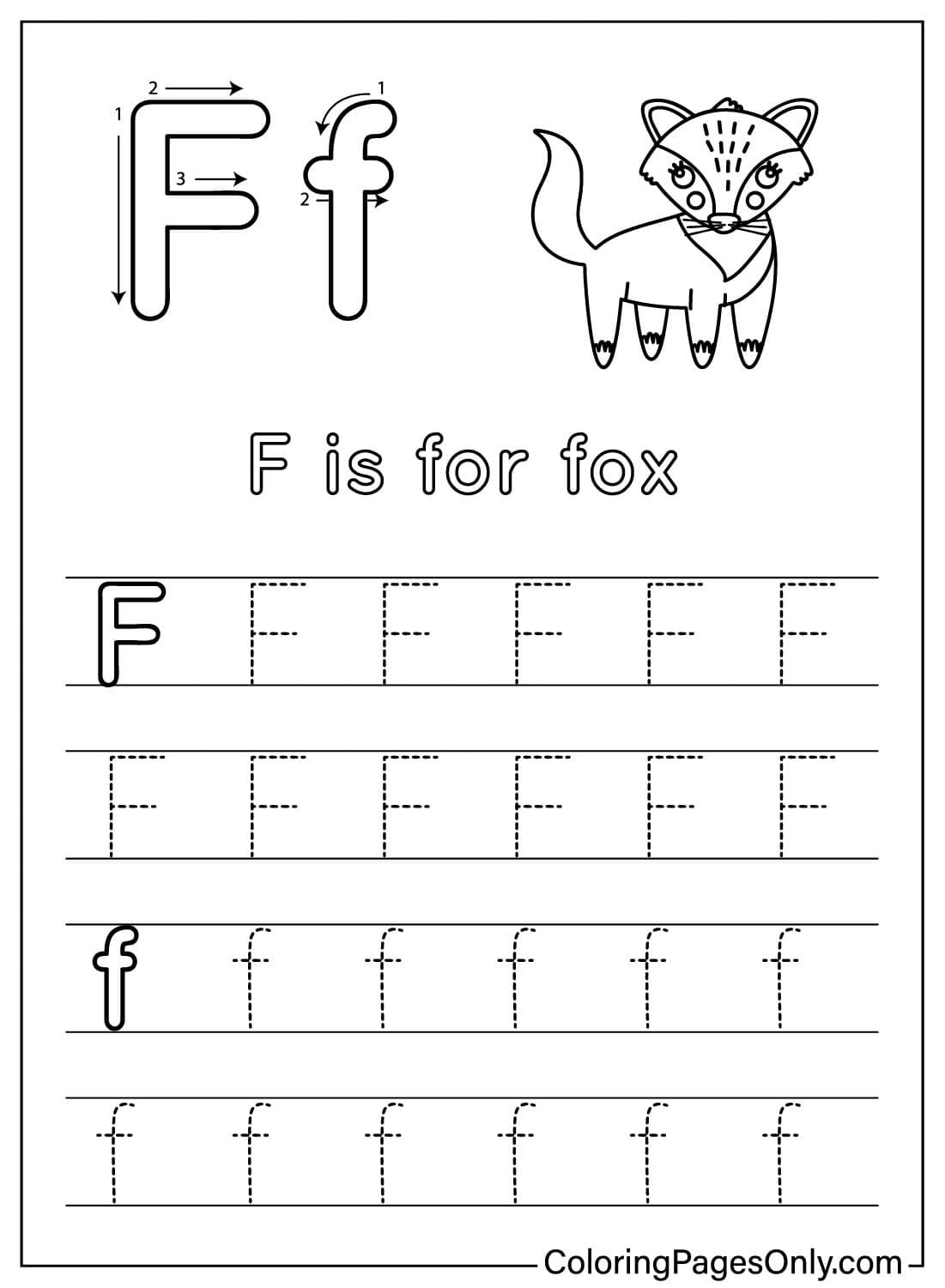
The box trucks are the most commonly sought-after, given their versatility and ample cargo space.
The Benefits of Buying a Used U-Haul Truck
Purchasing a retired U-Haul truck offers several distinct advantages that make it an attractive option for a diverse range of buyers.
- Cost-Effectiveness: This is perhaps the most significant benefit. Used U-Haul trucks are substantially cheaper than comparable new commercial vehicles, often costing tens of thousands less. This affordability makes them accessible to small businesses, startups, and individuals on a budget.
- Proven Durability: U-Haul trucks are built for heavy, continuous use. They are designed to withstand the rigors of frequent hauling, often by inexperienced drivers. This means their chassis, engines, and transmissions are typically robust and over-engineered for longevity.
- Detailed Maintenance Records: One of the standout features of buying from a large fleet operator like U-Haul is the availability of maintenance history. U-Haul has a rigorous preventative maintenance schedule for all its vehicles, performed by certified mechanics. While not always fully transparent online, these records can often be reviewed upon request at the selling location, providing invaluable insight into the vehicle’s past care.
- Accessibility of Parts: U-Haul primarily uses vehicles from major manufacturers like Ford and General Motors. This means that parts for their trucks are widely available at auto parts stores and dealerships, making repairs and ongoing maintenance relatively straightforward and affordable.
- Versatility: A used U-Haul truck can serve many purposes beyond just moving. They are ideal for:
- Small Businesses: Delivery services, landscaping, construction, mobile workshops, food trucks (with conversion).
- Personal Use: Hauling large items, DIY home renovations, transporting recreational equipment, or even as a base for RV or tiny home conversions.
- Farm Use: Transporting feed, equipment, or produce.
- Reasonable Resale Value: Due to the consistent demand for affordable utility vehicles, used U-Haul trucks tend to hold their value reasonably well, especially if maintained properly after purchase.
Types of U-Haul Trucks Available for Sale
Understanding the different types and sizes of U-Haul trucks available is crucial for selecting the right vehicle for your needs.
- Pickup Trucks: Primarily Ford F-150 or F-250 models. These are often used for local rentals and are great for light hauling, towing, or general utility work.
- Cargo Vans: Typically Ford Transit or Chevrolet Express vans. These are enclosed and secure, perfect for smaller deliveries, tradespeople, or converting into a mobile service vehicle.
- Box Trucks: These are the most iconic U-Haul vehicles and come in various sizes, each built on a cutaway chassis from manufacturers like Ford (E-Series, F-Series) or GM (Savana, Kodiak/Topkick).
- 10 ft Box Truck: Built on a full-size van chassis, these are the smallest box trucks. Easy to drive and park, they’re suitable for small apartments or moving furniture. Ideal for urban delivery.
- 15 ft Box Truck: A popular mid-size option, offering more space than the 10 ft without being overly cumbersome. Good for 1-2 bedroom moves or medium-sized business loads.
- 17 ft Box Truck: Less common than other sizes, but still occasionally available. Offers a slight capacity increase over the 15 ft.
- 20 ft Box Truck: A common choice for 2-3 bedroom homes. These trucks offer substantial cargo space and often come with a loading ramp.
- 26 ft Box Truck: The largest non-CDL (Commercial Driver’s License) truck in the U-Haul fleet. Designed for large homes (4+ bedrooms) or significant commercial hauling. These are typically built on heavier-duty truck chassis.
Most U-Haul trucks are gasoline-powered, though some of the larger 26 ft models may occasionally be diesel, particularly older units. The specific chassis and engine type will vary by year and model, so it’s important to check the details of any truck you’re considering.
Key Considerations Before Purchasing
Buying a used commercial vehicle requires careful thought. Here are critical factors to consider:
- Purpose and Size: Clearly define what you’ll use the truck for. This will dictate the appropriate size and type of vehicle. Don’t buy a 26 ft truck if you only need to haul small items occasionally, as it will be more expensive to run and maintain.
- Budget: Beyond the purchase price, factor in:
- Insurance: Commercial vehicle insurance can be more expensive than personal auto insurance.
- Maintenance: While U-Haul vehicles are robust, they are used, so anticipate some wear and tear.
- Fuel: These trucks are not fuel-efficient. Larger models can average 6-10 MPG.
- Registration and Licensing: Fees vary by state and vehicle type.
- Condition and Inspection: This is paramount. Never buy sight unseen.
- Mileage: U-Haul trucks often have high mileage (150,000 to 500,000+ miles). Don’t be immediately deterred by high numbers if the maintenance history is good.
- Rust: Check the frame, undercarriage, wheel wells, and body panels thoroughly, especially in trucks from regions with harsh winters.
- Tires, Brakes, Suspension: Look for uneven tire wear, check brake pad thickness, and inspect shocks/springs for leaks or damage.
- Engine and Transmission: Listen for unusual noises, check for fluid leaks (oil, coolant, transmission fluid), and note how the transmission shifts during a test drive.
- Box Condition: Inspect the cargo box for leaks, water damage, holes, or significant structural issues. Check the functionality of the roll-up door or ramp.
- Request Maintenance Records: Ask the U-Haul representative for any available service history.
- Pre-Purchase Inspection (PPI): Strongly recommended. Pay an independent, trusted mechanic to thoroughly inspect the truck before you buy. This small investment can save you thousands down the road.
- Title and Registration: Ensure the title is clear and transferable. Understand if your state requires commercial plates for the vehicle’s weight or intended use, even if for personal purposes.
- Fuel Efficiency: As mentioned, it’s generally poor. Be realistic about operating costs.
- Local Regulations: Be aware of any local weight restrictions, parking limitations, or emissions requirements that might affect your ownership.
The Buying Process: A Step-by-Step Guide
Purchasing a used U-Haul truck is a relatively straightforward process, but following these steps will help ensure a smooth transaction.
- Step 1: Research and Browse: Start by visiting UhaulTruckSales.com. Use their search filters to narrow down vehicles by location (your area or nearby cities), type (box truck, pickup, van), and desired price range. Pay attention to the photos, descriptions, and any listed features.
- Step 2: Contact the Seller/Location: Once you find a truck of interest, contact the U-Haul center listed as the seller. Inquire about the truck’s availability, specific details not listed online, and schedule an appointment for an in-person viewing and test drive.
- Step 3: On-Site Inspection: This is the most crucial step. Bring a flashlight, a magnet (to check for body filler), and a checklist of items to inspect (engine, transmission, tires, brakes, rust, box integrity, interior, lights, etc.). Don’t rush this process.
- Step 4: Test Drive: Drive the truck on various road types if possible (city, highway). Pay attention to how it starts, accelerates, brakes, shifts gears, and handles. Listen for unusual noises. Check all lights, wipers, and dashboard indicators.
- Step 5: Review Documentation: Ask to see any available maintenance records. Confirm the VIN on the truck matches the paperwork. Inquire about the title and how the transfer process works in your state.
- Step 6: Pre-Purchase Inspection (Optional but Recommended): If you’re serious about a specific truck, arrange for an independent mechanic to perform a thorough inspection. This objective assessment can uncover hidden issues.
- Step 7: Negotiate (if applicable): While U-Haul’s prices are often firm, it never hurts to politely inquire if there’s any flexibility, especially if you’ve identified minor issues during your inspection.
- Step 8: Finalize Purchase: Once satisfied, proceed with payment. U-Haul locations typically accept cashier’s checks, wire transfers, or major credit cards. Complete all necessary paperwork, including the bill of sale and title transfer documents.
- Step 9: Transport and Register: Arrange to pick up your new truck. Ensure you have temporary tags or a plan to transport it home if it’s not immediately road-legal. Register the truck at your local DMV according to your state’s regulations.
Maintenance Tips for Your Used U-Haul Truck
Once you’ve acquired your U-Haul truck, proper ongoing maintenance will ensure its longevity and reliability.
- Continue Regular Servicing: Adhere to the manufacturer’s recommended service intervals for oil changes, fluid checks (transmission, brake, power steering, coolant), and filter replacements (air, fuel, cabin).
- Monitor Tires and Brakes: Given the truck’s typical use, tires and brakes wear quickly. Regularly check tire pressure, tread depth, and brake pad wear.
- Address Issues Promptly: Don’t let minor issues escalate. A small leak or an unusual noise can quickly become a major, costly repair if ignored.
- Keep the Box Watertight: Regularly inspect the roof, seams, and door seals of the cargo box for any signs of leaks. Repair them promptly to prevent water damage to your cargo.
- Rust Prevention: If you live in a region with road salt, consider undercoating or regularly washing the undercarriage to prevent rust formation.
- Battery Check: Commercial vehicles often have heavy-duty batteries, but regular checks for corrosion and charge level are important.
Challenges and Solutions
While buying a used U-Haul truck offers many benefits, it’s important to be aware of potential challenges and how to address them.
- Challenge: High Mileage:
- Solution: Don’t let high mileage be the sole deterrent. Focus on the vehicle’s maintenance history and the results of a thorough pre-purchase inspection. A well-maintained high-mileage vehicle can be more reliable than a low-mileage one that’s been neglected.
- Challenge: Cosmetic Wear & Tear:
- Solution: Expect dents, scratches, faded paint, and interior wear. These are battle scars from a working life. Prioritize mechanical soundness over aesthetics. Cosmetic repairs can be done later if desired, but they don’t impact functionality.
- Challenge: Poor Fuel Economy:
- Solution: This is inherent to large, heavy vehicles. Factor higher fuel costs into your operating budget. For occasional use, the purchase price savings often outweigh the fuel expense. Consider a smaller truck if your hauling needs are minimal.
- Challenge: Limited or No Warranty:
- Solution: U-Haul trucks are typically sold "as-is" with no warranty. This makes the pre-purchase inspection and thorough due diligence absolutely critical. Any issues discovered post-purchase are your responsibility.
- Challenge: Registration and Insurance Complexity:
- Solution: Research your state’s DMV requirements for registering a commercial vehicle, even for personal use. Contact several insurance providers before buying to get quotes for commercial or personal truck insurance to understand the costs.
U-Haul Moving Trucks For Sale – Estimated Price Guide (2023/2024)
Disclaimer: Prices for used U-Haul trucks are highly variable and depend on numerous factors, including the specific U-Haul location, vehicle condition, mileage, model year, regional market demand, and any ongoing promotions. The table below provides general estimated price ranges based on typical listings and market observations. Always check UhaulTruckSales.com for the most current and accurate pricing for available units.
| Truck Type | Typical Size (ft) | Estimated Price Range (USD) | Typical Mileage Range (miles) | Key Features / Notes |
|---|---|---|---|---|
| Pickup Truck | N/A | $5,000 – $15,000 | 100,000 – 250,000+ | Often Ford F-150 or F-250 models. Good for light hauling, towing small trailers, or general utility. May have a cap or toolboxes. Excellent entry-level work truck. |
| Cargo Van | N/A | $6,000 – $18,000 | 100,000 – 300,000+ | Typically Ford Transit or Chevrolet Express. Enclosed and secure cargo area. Ideal for delivery services, mobile workshops, or tradespeople needing to transport tools and materials. More fuel-efficient than box trucks. |
| Small Box Truck | 10 ft | $7,000 – $18,000 | 150,000 – 350,000+ | Built on a heavy-duty van cutaway chassis (e.g., Ford E-Series). Easiest to drive among box trucks, fitting into most parking spots. Suitable for small apartments, dorms, or light commercial deliveries. Often does not require a commercial driver’s license. |
| Medium Box Truck | 15 ft | $8,000 – $22,000 | 150,000 – 400,000+ | A popular size offering a good balance of capacity and maneuverability. Ideal for 1-2 bedroom homes or medium-sized business loads. Common chassis are Ford E-Series or GMC Savana. May or may not have an integrated ramp. |
| Large Box Truck | 20 ft | $9,000 – $25,000 | 180,000 – 450,000+ | Suitable for 3-4 bedroom homes or substantial commercial hauling. Often includes a built-in loading ramp. Still relatively manageable to drive, but requires more attention to clearance and turns. Good for long-distance moves or larger delivery routes. |
| Extra-Large Box Truck | 26 ft | $10,000 – $30,000+ | 200,000 – 500,000+ | The largest non-CDL box truck in the U-Haul fleet. Ideal for large homes (4+ bedrooms) or significant commercial volumes. Built on a robust medium-duty truck chassis (e.g., Ford F-Series, GMC Topkick/Kodiak). May feature roll-up or swing-out doors. Least fuel-efficient, but offers maximum capacity. |
Note: Prices do not include taxes, registration fees, or any potential transport costs if purchasing out of area.
Frequently Asked Questions (FAQ)
Q1: Where is the best place to buy a used U-Haul truck?
A1: The official U-Haul website, UhaulTruckSales.com, is the primary and most reliable source for purchasing their retired fleet vehicles.
Q2: Are U-Haul trucks reliable given their high mileage?
A2: Generally, yes. U-Haul adheres to a strict preventative maintenance schedule for its entire fleet, meaning even high-mileage trucks have often received regular servicing. However, a pre-purchase inspection is still highly recommended.
Q3: Do used U-Haul trucks come with a warranty?
A3: Typically, no. U-Haul trucks are usually sold "as-is," meaning there is no warranty provided by U-Haul after the purchase. This reinforces the importance of a thorough inspection.
Q4: Can I get financing for a used U-Haul truck?
A4: U-Haul does not offer direct financing. However, you can secure financing through third-party banks, credit unions, or other financial institutions, just as you would for any other used vehicle purchase.
Q5: Are these trucks difficult to register or insure?
A5: Registration and insurance can be more complex than for a personal car. It depends on your state’s regulations and whether you plan to use the truck for personal or commercial purposes. It’s advisable to research your state’s DMV requirements and get insurance quotes before purchasing.
Q6: What’s the typical fuel economy of a used U-Haul truck?
A6: Fuel economy is generally poor. Depending on the size of the truck, its load, and driving conditions, you can expect anywhere from 6 to 12 miles per gallon (MPG). This is an important operating cost to factor into your budget.
Q7: Can I convert a U-Haul box truck into an RV or tiny home?
A7: Yes, this is a popular option! The enclosed box provides a great shell for conversion. However, be mindful of the truck’s overall height, weight capacity, and consider insulation, ventilation, and power needs for comfortable living.
Q8: How often do new trucks become available for sale?
A8: U-Haul continuously rotates its fleet, so new vehicles are listed for sale regularly across different locations. It’s a good idea to check UhaulTruckSales.com frequently if you’re looking for a specific type of truck.
Conclusion
The market for "U-Haul Moving Trucks For Sale" offers a compelling proposition for anyone in need of a sturdy, spacious, and cost-effective utility vehicle. From small business owners to DIY enthusiasts and even aspiring tiny home dwellers, these retired fleet vehicles provide an excellent alternative to expensive new commercial trucks. Their proven durability, detailed maintenance histories, and the widespread availability of parts make them a practical investment.
While buying a used vehicle always requires due diligence, particularly given the high mileage often seen on U-Haul trucks, the benefits largely outweigh the potential challenges when approached with a clear strategy. By thoroughly inspecting the vehicle, understanding the buying process, and preparing for ongoing maintenance and operational costs, you can confidently acquire a U-Haul truck that will serve your needs reliably for years to come. In an economy where every dollar counts, a used U-Haul truck stands out as a smart, versatile, and enduring asset.
![]()
